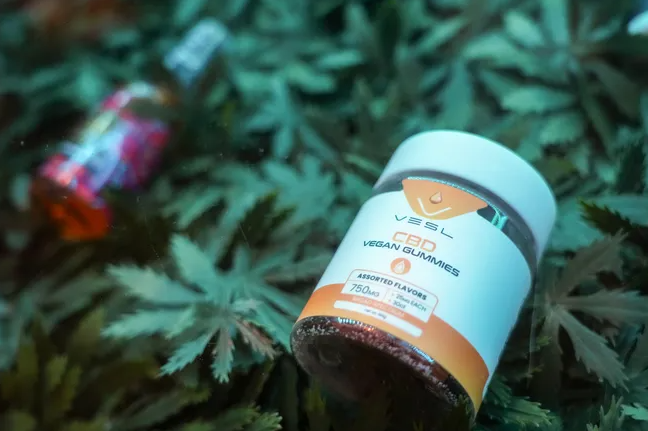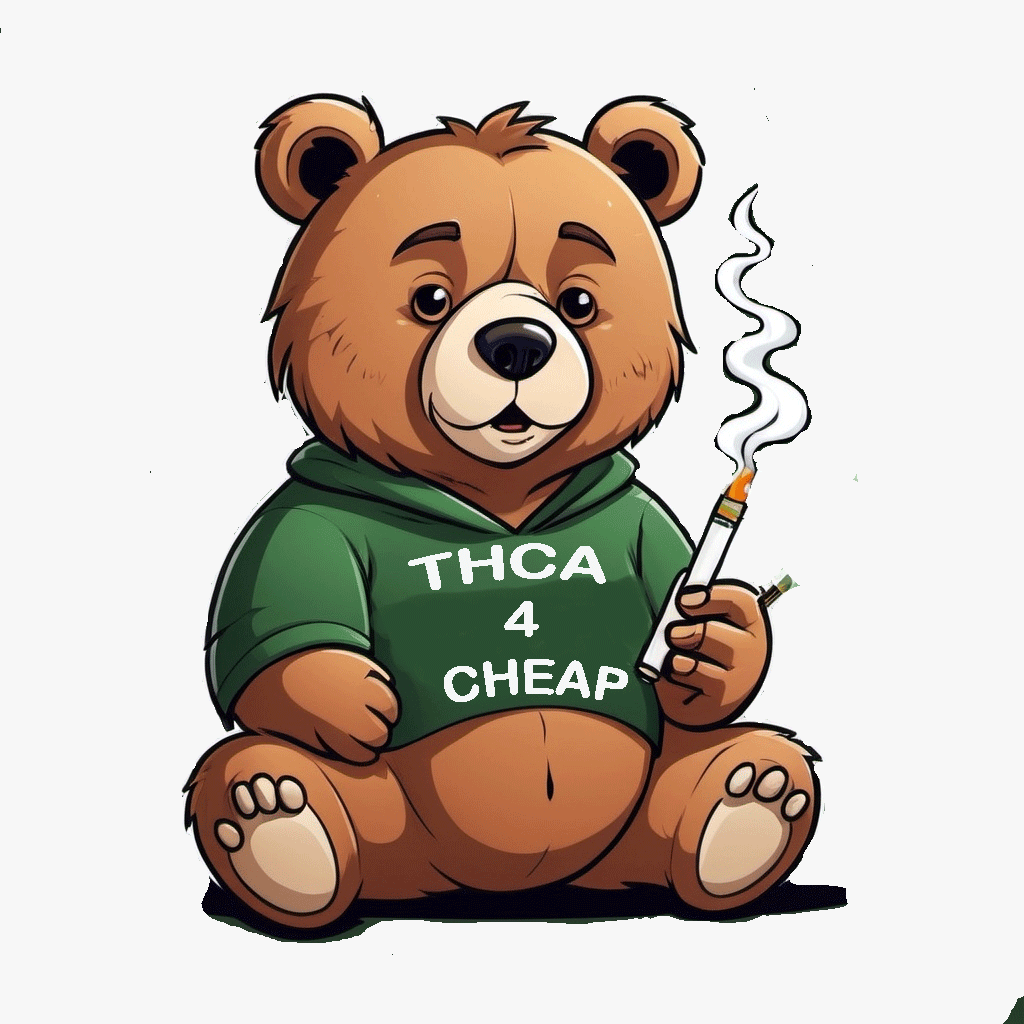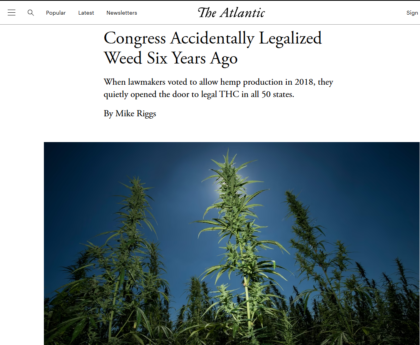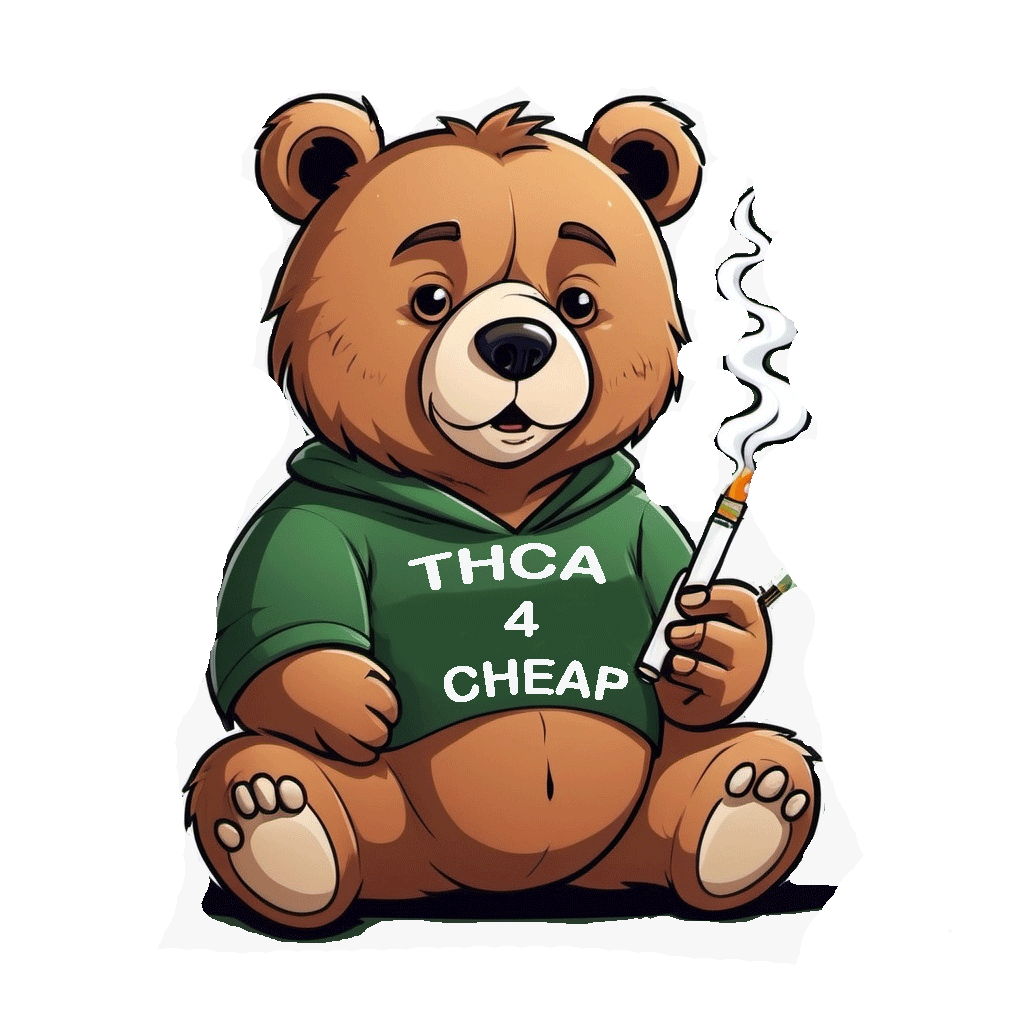Cannabis consumption is rising nationwide, with more states legalizing the substance to varying extents. From Colorado to Florida, marijuana is accessible in various forms. However, in Texas, it remains banned outside a limited compassionate use program that permits low-THC cannabis for certain medical conditions.
Retailers have exploited legislative loopholes to sell hemp-derived THCa products. Now, the Texas Legislature is moving to close these loopholes, potentially transforming the state’s cannabis industry. Here’s everything you need to know about the status of legalization and popular loopholes like THCa:
Description of THCA
THCa, or tetrahydrocannabinolic acid, is quite similar to the more commonly known THC products that are illegal in Texas.
THCa differs only slightly in its chemical structure from regular THC, or delta-9, commonly referred to as marijuana, cannabis, or weed. (In Texas, legal products marketed as delta-9 are hemp-derived cannabinoids containing less than 0.3 percent THC.)
The only difference between THCa and delta-9 THC is the location of a double bond on the eighth carbon versus the ninth.
Due to their stark similarities, THCa can produce a high. When exposed to heat, THCa converts into THC.

Is THCa legal in Texas?
As of the latest updates, THCa is legal in Texas when derived from hemp and in compliance with the 2018 Farm Bill. There are no possession limits for THCa, as it is not considered a controlled substance. However, the legality of THCa is a complex issue due to its chemical similarity to THC and its ability to transform into THC when heated. The Texas Legislature has been considering closing loopholes that currently allow THCa to be sold legally.
Within this gray area, THCa sales have soared. A recent report from cannabis analytics firm Brightfield Group reveals that the market for delta-8 THC and other hemp-derived cannabinoids has surged nearly 1,300%, growing from $200.5 million in sales in 2020 to nearly $2.8 billion in 2023.
What is the Texas Legislature Debating?
Renewed interest in amending the evolving Texas Farm Bill arose after attorneys general across the U.S. sent a letter to congressional agriculture committees, urging a more specific definition of hemp products in the upcoming federal farm bill.
“As Congress prepares for a new five-year reauthorization of the Farm Bill, we strongly urge your committees to address the vagueness in the 2018 Farm Bill that has led to the proliferation of intoxicating hemp products and challenges for states and localities to manage the resulting health and safety crisis,” the letter states.
In Texas, state officials are considering ways to tighten restrictions on intoxicating hemp products. While all hemp-derived products, including delta-8 and delta-9 edibles, are under discussion, the future of THCa products intended for smoking appears especially uncertain.
In a recent session, state Sen. Charles Perry, R-Lubbock, voiced his frustration with the previous Texas Farm Bill and the emerging exploitation of its loopholes.
“When I passed that, I said, ‘If you guys screw this up by being cute and getting people high from it, there will be consequences.’ We’ve tried for several sessions to find the magic formula,” Perry said. “I’m disappointed, but I’m not surprised that we are here today.”
What would a ban on THCa mean for the Texas Hemp Industry?
A ban on THCa in Texas would have significant implications for the state’s hemp industry. Currently, THCa is legal in Texas due to the Farm Bill, allowing possession and consumption within state borders. However, lawmakers are now grappling with the explosive growth of the consumable hemp market, which includes products like THCa flowers, diamonds, vapes, carts, rosin, wax, pre-rolls, and gummies. While outright banning these products isn’t proposed, stricter regulations are likely on the horizon to address concerns about unregulated retail sales and the unintended consequences of the existing legislation12. So, while THCa remains legal for now, the landscape may change as Texas seeks to strike a balance between medicinal cannabis demand and responsible regulation.




